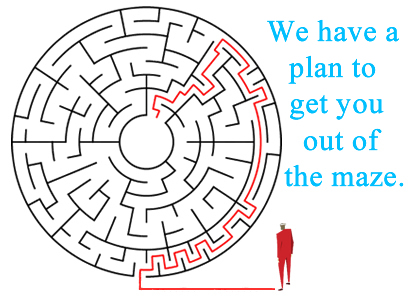Counseling
Where Are You?
If you landed on this page, you have a idea or a thought about what you need, but you are having a bit of a struggle getting it from your head into an actionable plan. We are here to help and would love to talk to you. How can we help?:
- We listen.
- We have the tools to help you.
- We take different approaches until we find the right one.


Reasons for Counseling
Life Experiences
Unclear Expectations
Insecurity
Low Self-esteem
Underlying Issues
Trauma

Personal, Marriage And Relationships
Our Counseling Methodology
As a Christian counselor, I have a unique advantage of being able to approach issues holistically based on three dimensions—body, mind and spirit. Secular counseling often neglect the spiritual dimension entirely, or give very little credence to its impact on your life. A biblical understanding of how we’re made, as physical, psychological and spiritual beings, means all three of these dimensions play an important part in our health and happiness. I do not treat people as products of impersonal chance. I recognize that you have been uniquely created by a loving, caring and healing God. If you or someone you love is in need of counseling, where do you turn? I am here for you.
- Our Foundation
- Our Strategy
- Our Process
- Our Goal
Although Christian counselors often use skills from the field of secular psychology and counseling, they recognize that the Bible, not psychology, is the final authority. “His divine power has given us everything we need for life and godliness through our knowledge of Him who called us by His own glory and goodness” (2 Peter 1:3). Our Christian counseling strategy is to help our clients come into a knowledge of the truth. As they believe it and obey it, they are transformed and made free. When people are made free, they live a peaceful life, not without stressful moments but with the ability to deal with them in a healthy fashion.
- Identifying God’s divine purpose for your life.
- Identify what the Bible says about your relationship with God.
- Describe what the Bible says success looks like.
- Consider who you could be in light of God’s word.
- Honestly look at how you make decisions in and for your life.
- Assess your current status to create a starting point.
- Use the Bible to help you create S.M.A.R.T. life goals.
- Helping you realize that simply understanding what the Bible says isn’t sufficient.
- Standing in agreement with you to apply the word to your life so you are transformed into the image God planned.
- Implement a personal spiritual strategic plan to help track progress in achieving the goals you see in the word.
- Through prayer and discipline, use your plan as a stepping stone not a stumbling block.
- Keep you focused and break down some of the goals into smaller actions if necessary.
Learning To Live God's Vision For Your Life
Why Christian Counseling
As a general rule, both Christian counseling and secular counseling share the same desire to help people overcome their problems, find meaning and joy in life, and become healthy and well-adjusted individuals, both mentally and emotionally. However, Christian counseling seeks to help you:
- Carefully discover those areas where you can find and adhere to the principles and commands of Scripture.
- Help you learn how to lovingly submit to God’s will.
- Help you regain a sense of hope for you life that is found in Jesus Christ.
Pre-Marital Counseling
1. Clay Cty Premarital Preparation Provider List.
2. Duval Cty License Course Provider List (names are listed in alphabetical order) I also perform wedding ceremonies.
Relationship and Family Counseling
There are many reasons you would want family or relationship counseling. Unfortunately, there are just as many obstacles that prevent a person from seeking it. Individuals and families often do not realize that the barriers preventing them from seeking counseling are in fact the same ones affecting their ability to adapt to change, communicate, avoid a crisis, or cope with a tragic event. My goal is to help you and/or your family identify how specific behaviors affect others, learn new ways of relating, resolve conflicts, establish personal/family rules and roles, manage expectations, and open lines of communication.

